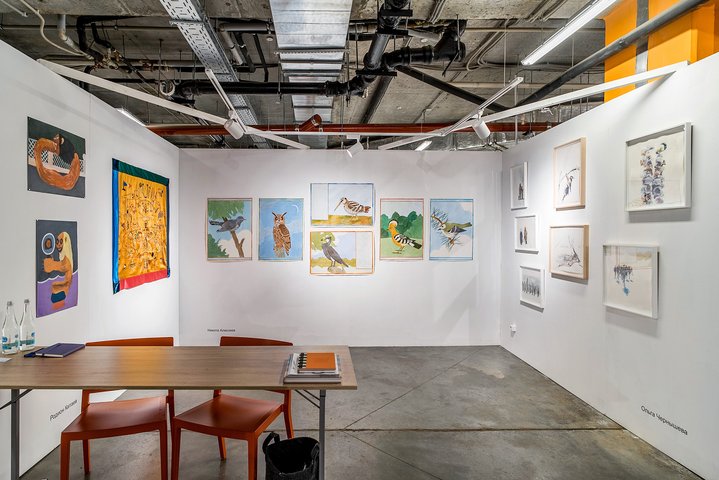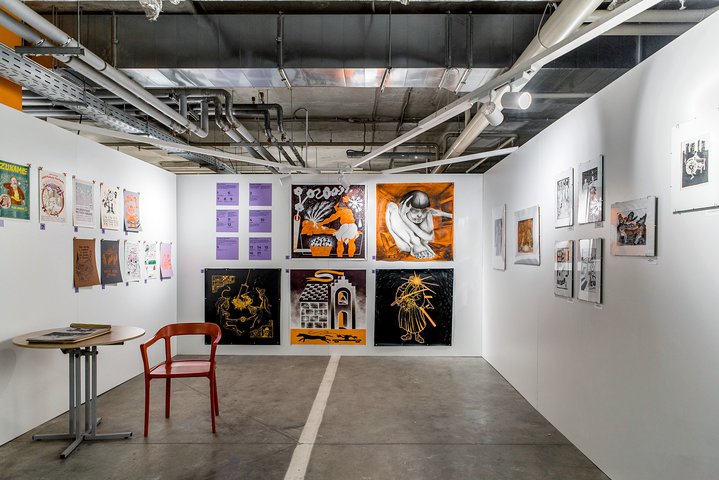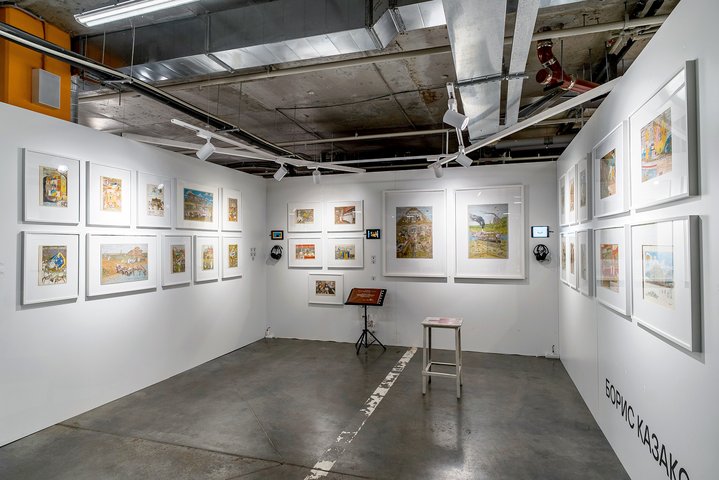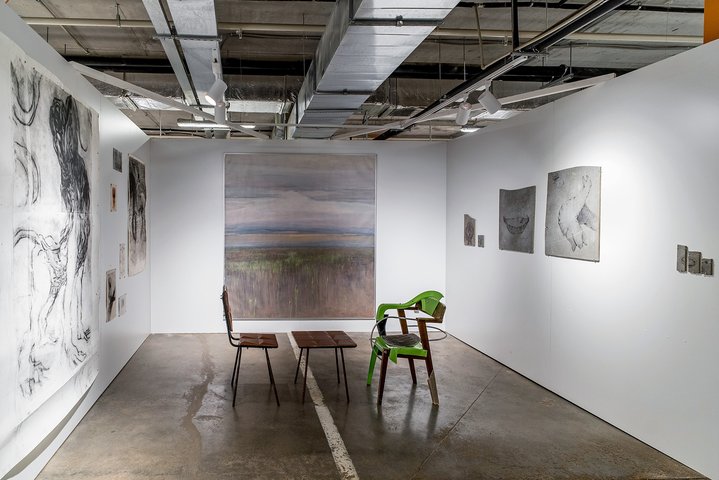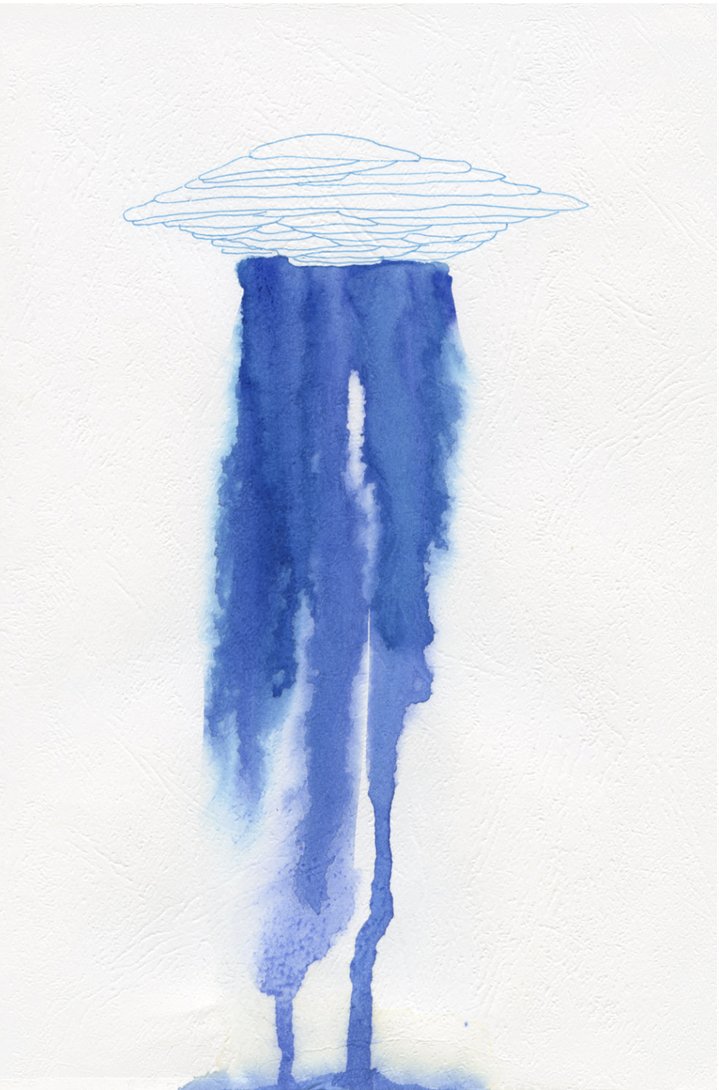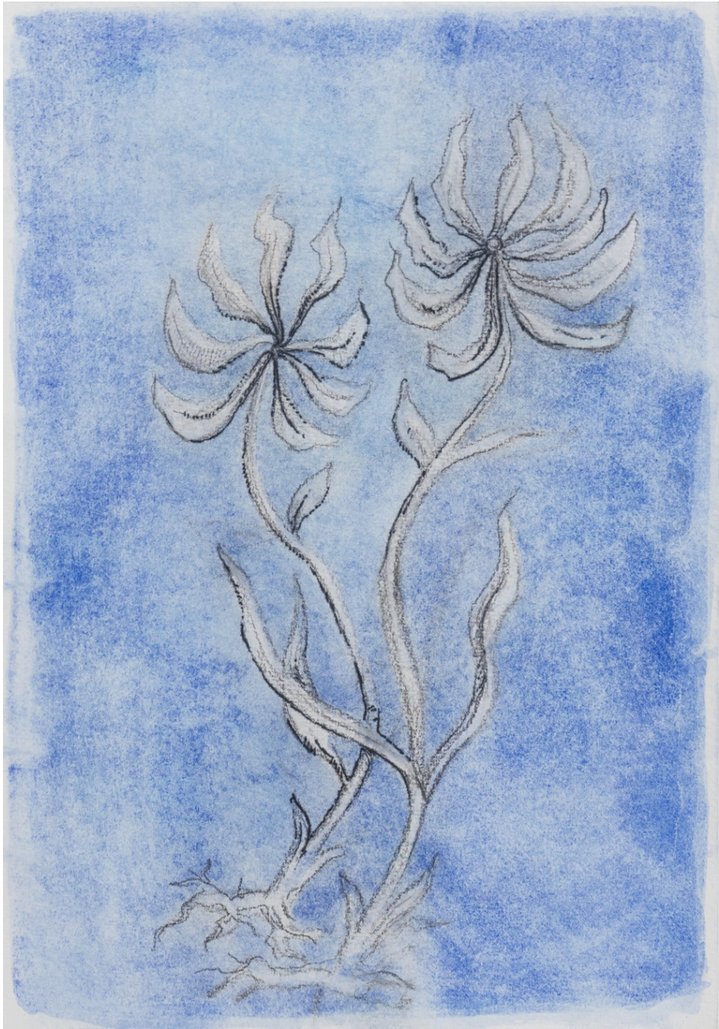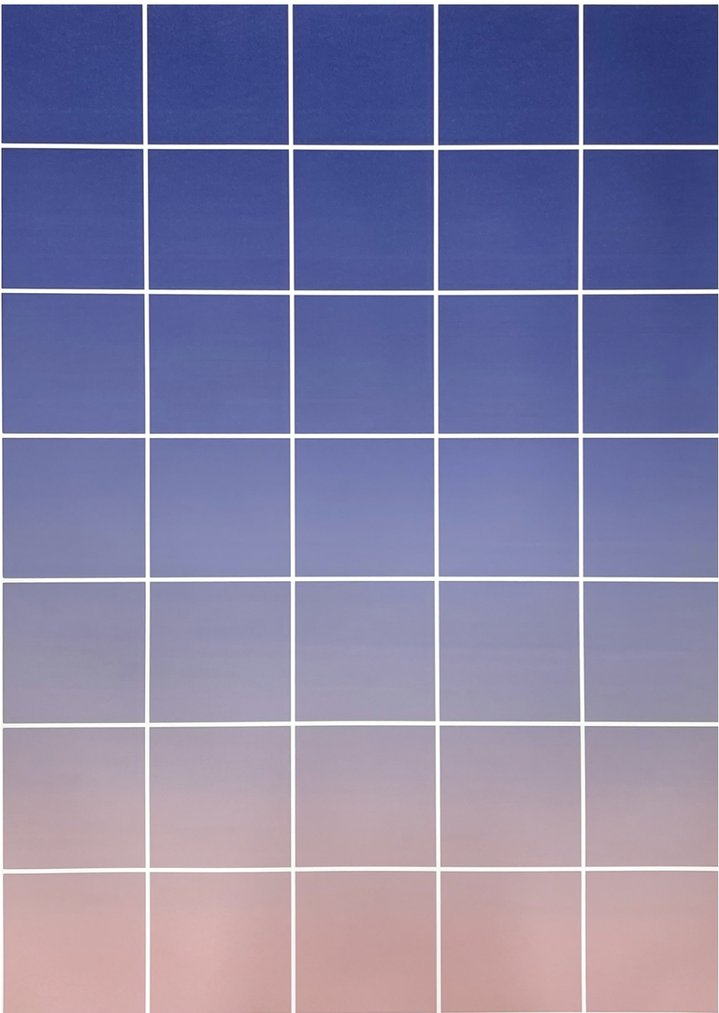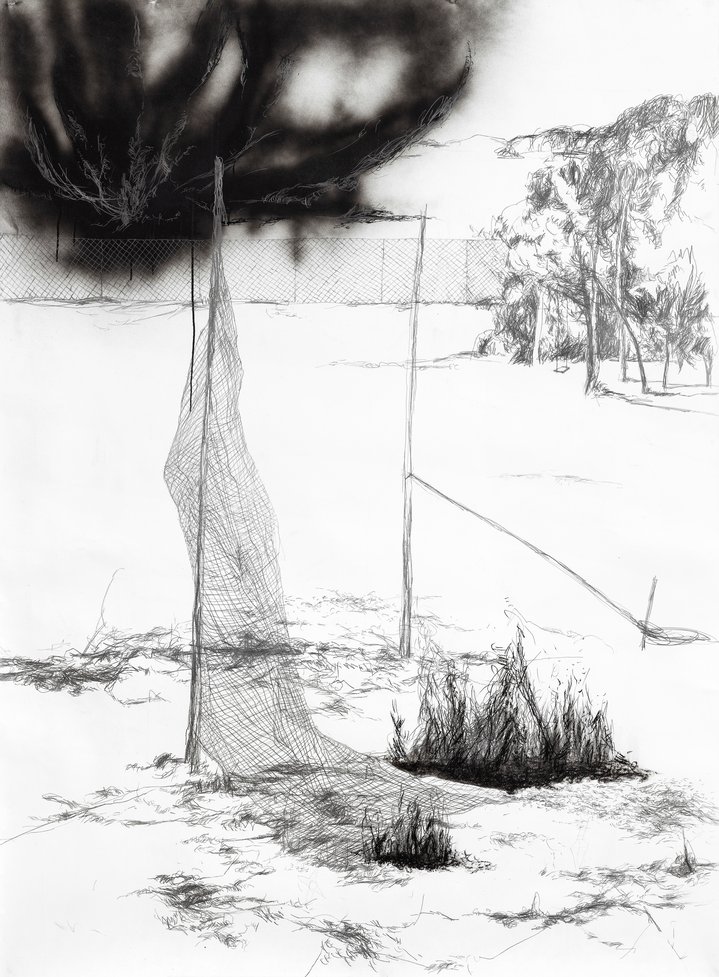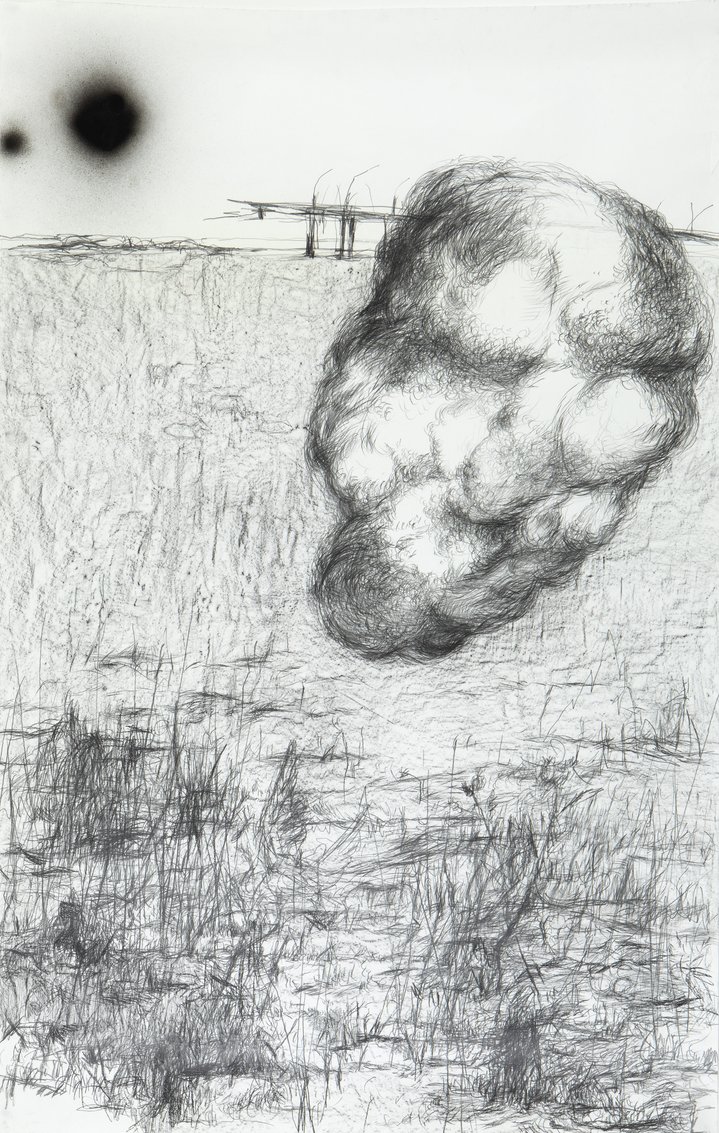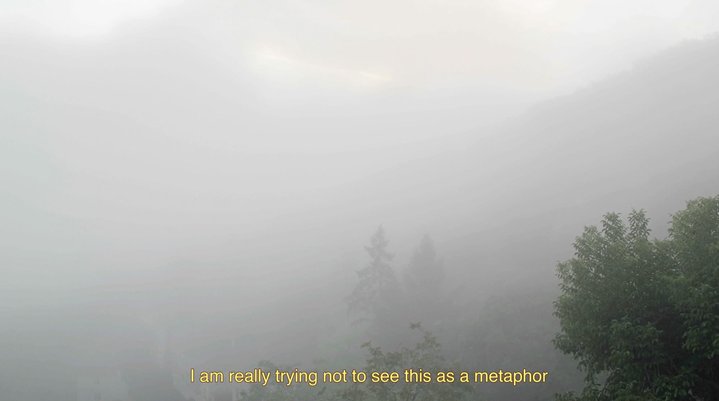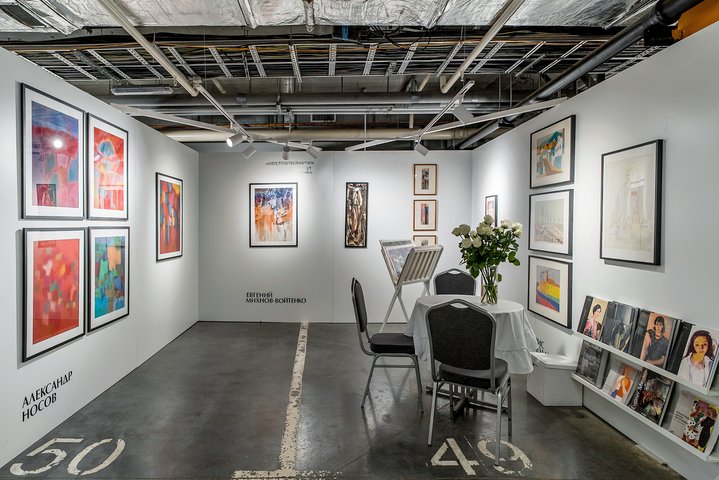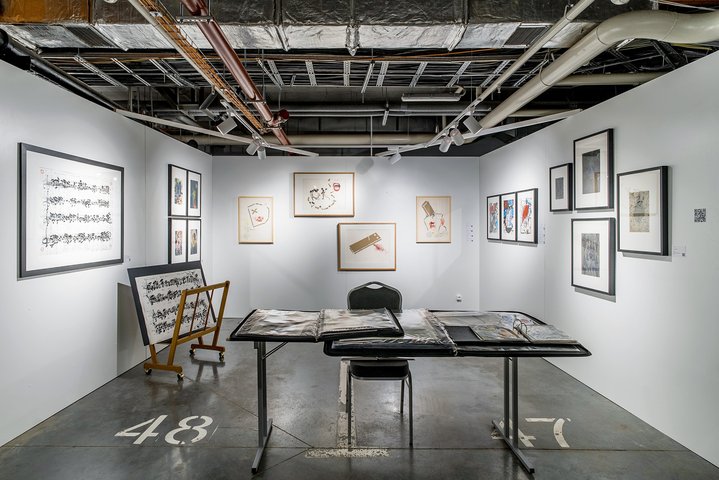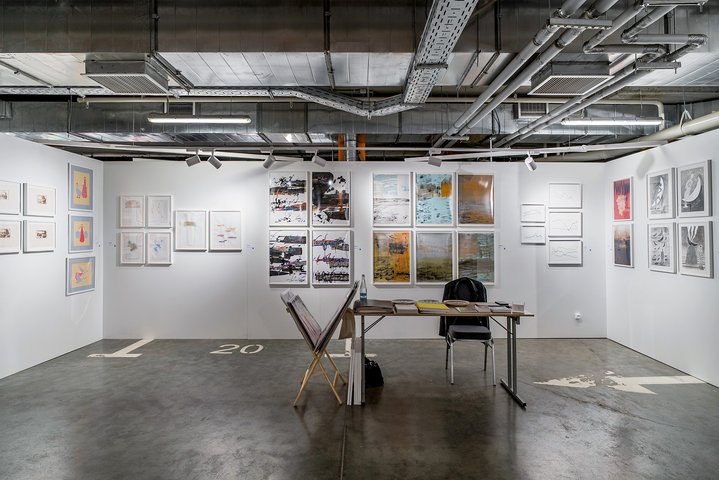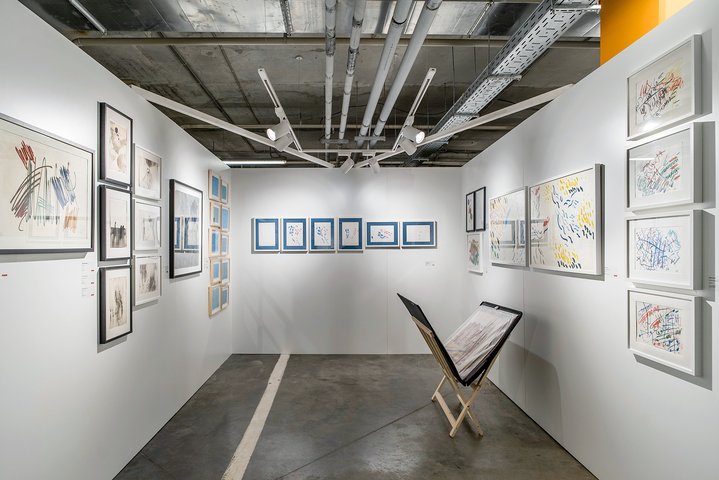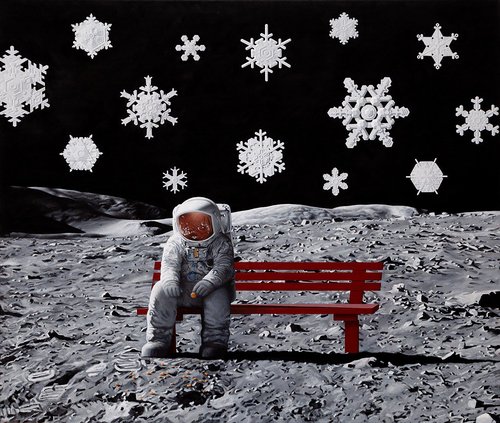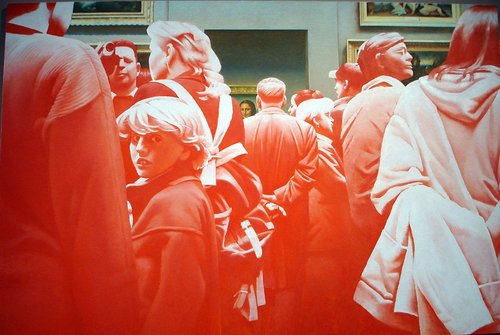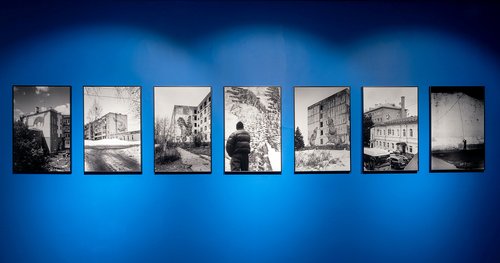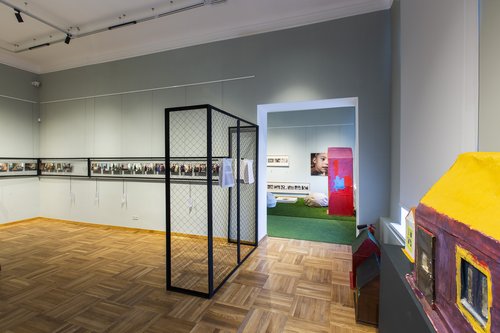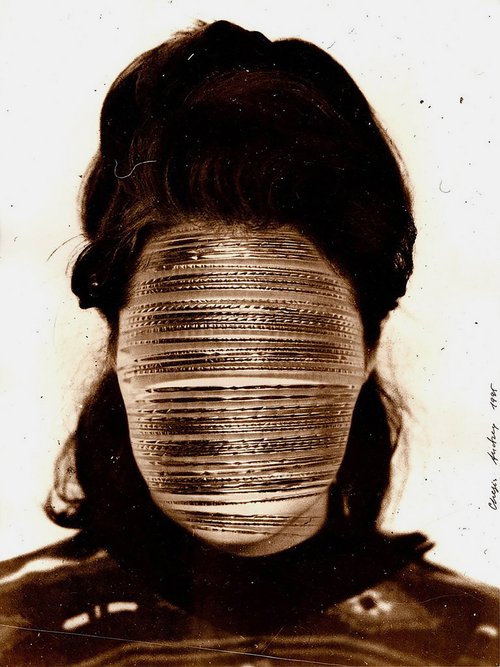Contour Fair for Works on Paper in Nizhny Novgorod

Andrey Kuzkin. Untitled, 2011. Courtesy of Anna Nova Gallery
A new art fair for works on paper in Nizhny Novgorod is gaining momentum. Despite the harsh political climate, it is offering works by top-tier Russian artists and at affordable prices.
Nizhny Novgorod is a picturesque historical city sprawling on the shores of the Volga River, just 400 kilometres from Moscow. It is also known as the capital of Russian street art. A city of merchants, Nizhny Novgorod was once famous for its annual fair, the biggest one in the country, where goods from all over the Russian Empire were brought by ship and horse-drawn carts. Nowadays, a smaller fair is luring visitors from out of town to the city. It might be setting a new trend – art fair tourism has been growing inside Russia since international travel has now become complicated or impossible for many art lovers. Proximity to the capital and affordable prices all have made it the perfect excuse for a weekend getaway. One art dealer, who was unsatisfied with the sales made on the first night described the fair as a gathering of Moscow alcoholics. At Contour´s VIP preview, guests were offered locally made cheese, cider and even gin. Over the hum of voices, young virtuoso Elizaveta Melnichenko played the gusli, a traditional folk Russian musical instrument. True to form, Nizhni Novgorod lived up to its reputation as a hospitable and welcoming destination.
Contour fair which specialises exclusively in works on paper and is now in its second edition, took place again in the underground carpark at the Sheraton Kremlin hotel, whose owner, businessman and art patron Dmitry Volodin was the main driving force behind the event. This year, the fair brought together thirty-nine galleries, among them quite a few heavyweights from Moscow and St.Petersburg. Roaming Moscow art dealer Alexander Petrelli (aka the Overcoat gallery) walked up and down the booths selling works by Andrei Roiter (b. 1960), Arkady Nasonov (b. 1969) and Andrei Logvin (b. 1964) from the inside of his overcoat. There were also collectors who had come in from both Russian capitals. St. Petersburg’s Sergei Limonov rented a booth at the fair for his foundation, showcasing a site-specific installation by Eric Zhelezker (b. 1988), inspired by the Kremlin in Nizhny Novgorod. Its architectural details were drawn meticulously on a wall of concrete brick and created especially for the event; it was unfortunately not for sale. The medium of works on paper is interpreted rather widely with Moscow’s Textura gallery, specializing in textile-based art, offering embroideries by Daria Neretina (b. 1988), starting from 15,000 roubles (approximately 150 Euros); pastel drawings on printed fabric by Tara Tarabtseva (b. 1987) and Iragui gallery offered an embroidered panel by Rodion Kitaev (b. 1984) for 4,800 Euros. The highlight of Pogodina Gallery’s booth were lightboxes by Maxim Ksuta (b. 1971) where the image was formed on black paper out of dots pierced with a pin. With the light turned off, the works looked like black squares. They were offered at 80,000 roubles (800 Euros) apiece.
The fair highlighted the many stereotypes which exist around works on paper, bringing into focus the sheer versatility of a medium, which is often labelled modest and intimate. St. Petersburg’s Anna Nova offered enormous minimalistic black-and-white landscapes measuring 205 by 150 cm, by Alexandra Gart (b. 1988) at 500,000 roubles (5,000 Euros) each, while dealerships Iragui and Gridchinhall, both from Moscow, tempted collectors with colourful drawings by Nikita Alexeev (1953-2021) for about 2,000 Euros each. St.Petersburg’s K Gallery and Moscow’s pop/off/art gallery both brought abstract works by Evgeny Mikhnov-Voitenko (1932-1988), a Ukraine-born non-conformist painter who worked in Leningrad and was considered one of the pioneers of post-war abstraction in the USSR. His style is often compared to American Abstract Expressionism. At 1,800,000 roubles (18,000 Euros) his ink paintings were among the most expensive pieces in the fair, along with early abstract works by Vladimir Nemukhin (1925-2016), offered by Moscow’s E.K.Artbureau at the same price. Moscow’s art typography Piranesi Lab brought edition prints by famous artists, from Igor Makarevich (b. 1943) to Leonid Tishkov (b. 1953). Some galleries had dug into their storage to show artworks by artists who have left the country over the past two years such as Andrei Kuzkin (b. 1979) and Ekaterina Muromtseva (b. 1990), serving as a bitter reminder of the gaps that the armed conflict with Ukraine has left in Russia’s cultural landscape.
Nevertheless, Dmitry Volodin sounded cautiously optimistic. He told Art Focus Now, that while the first edition of the fair had been entirely funded by him, this second edition has just been “subsidized”, and he hopes one day it will become self-sufficient “I am doing this for the city where I live and for my family”, he said, adding that in the current circumstances, all private cultural initiatives have become problematic. “It is a big risk, financial, political and social, but on the other hand life is a risk”. His mentioning of risks was not just a figure of speech. At the beginning of May, Volodin and his fair were mentioned in a negative context at a TV programme hosted by film director Nikita Mikhalkov who accused Volodin of not supporting the “special military operation” in Ukraine. After this show, Volodin and his art collection fell under scrutiny by the authorities. They confiscated artworks by contemporary art group Bomse that had been on display in one of his hotels, to examine them for “extremist symbolics”.
According to Volodin, the works were completely innocent and only came to the attention of the police because they contained “ancient Slavic symbols”, including kolovrat, an ancient solar sign similar to a svastika. One name was missing from the fair this time around – that of Anton Belov, director of Moscow’s Garage, who had advised Volodin during Contour’s first edition and had even been described as the fair´s co-founder, and his name is not visible on the fair´s website. Belov left the country after his apartment and the museum itself were searched in April. The incident followed a host of similar searches at the apartments of several dozen artists and other art world professionals that took place in March. Belov was also condemned in Mikhalkov’s programme, which was viewed across the nation by some 12 million people. “Nikita Sergeevich made me so much publicity, that everybody is asking me how much I paid him”, Volodin remarked caustically, referring to Mikhalkov’s show.






